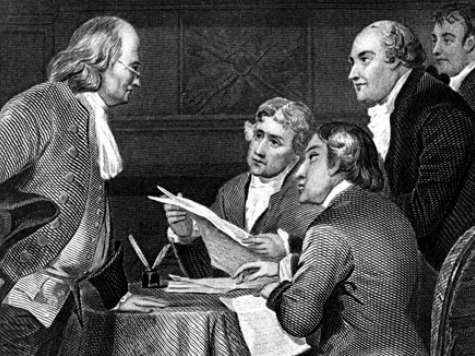
As the gun debate continues to effervesce in the United States–especially among gun control proponents in or obliged to the federal government–it’s important to remember a distinction of rights and powers which was paramount in the minds of our Founding Fathers at our nation’s birth.
That distinction is between natural rights and delegated powers: the former is intrinsic to “we the people” while the latter is lent to the government.
Natural rights are commonly known as those encapsulated in the Bill of Rights. These include the rights to freedom of speech and of religion, the right to keep and bear arms, and the right to be secure in “our persons, houses, papers, and effects,” among other rights.
But as the Ninth Amendment makes clear, the number of natural rights intrinsic to us exceeds the number enumerated in the Bill of Rights. Thus, whereas a right to keep and bear arms is enumerated in the Second Amendment, a right to use those arms for self-defense is also included though not explicitly written.
Thomas Jefferson described these rights as “unalienable” because they will always be ours: they are not of a sort that can be separated from our persons. Our Creator “endowed” us with these rights and that endowment remains.
On the other hand, the federal government has no rights. Nor does it have the power that such rights promote. Instead, it only has the power which “we the people” have delegated to it via the Constitution.
Our Founding Fathers added the Bill of Rights so everyone would know that delegated power does not include the power to “infringe” on the natural rights of “we the people.”
Follow AWR Hawkins on Twitter @AWRHawkins Reach him directly at awrhawkins@breitbart.com

COMMENTS
Please let us know if you're having issues with commenting.